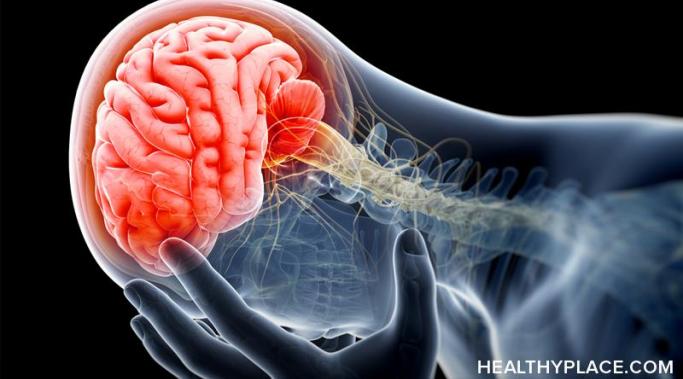Blogs
I've noticed that slowing down helps my anxiety. When I am extremely busy, the pressures of having a demanding schedule and multiple deadlines begin to weigh on me and contribute to my anxiety. The busier my schedule gets, the more I feel anxious daily. Unfortunately, this becomes evident as I start having a hard time sleeping, concentrating, and focusing on day-to-day responsibilities. In these situations, I need to help my anxiety by slowing down.
Depression has affected my self-esteem lately, making me feel like nothing I do is ever good enough. These days, I often have this question at the top of my mind: Should I just stop trying and give up? Sometimes, I feel I should keep going anyway; at other times, I am convinced I need a break. Tired of this conflict, I decided to write about it. Here's what I realized about thinking nothing I do is good enough.
Managing finances when you have a mental illness can be complicated. The dreaded "your account is overdrawn" bank email and I were well acquainted while my mental health declined. I felt a heavy sense of guilt when it came to my finances. My reluctance to face my situation and the shame I felt asking for help created a snowball of dread. Mental illness can make managing finances more difficult, but it isn't a hopeless situation, and it shouldn't be a source of shame.
For me, self-esteem and Earth Day are connected. As someone who has experienced the ups and downs of a mental health condition, I understand the ongoing struggle to find ways to boost self-esteem and cultivate a sense of purpose. Amidst this journey, I stumbled upon a source of solace and empowerment that I did not anticipate when I was younger: Earth Day practices and sustainable living. Earth Day occurs on April 22 and is an annual celebration that reminds us of the importance of our only habitat. Earth Day can be used to cultivate improved self-esteem.
I should be able to fix my own depression -- or at least that's what the world keeps telling me. We have a lot of euphemisms for it: pulling yourself up by your bootstraps, walking it off, turning that frown upside down, and so on. And the Internet is full of New Age gurus (and lay people) claiming to know the secret of how to do it -- just buy my book and wave your depression goodbye. But if everyone says it's possible, why can't I fix my own depression?
The voice of my eating disorder (ED) often tries to influence what I think, feel, or believe about myself—but ED thoughts do not have to become actions, no matter how persuasive they sound. An ED thought only has power if I choose to accept its narrative and react accordingly.
Rebuilding relationships after a gambling addiction is a tall hill to climb. I know this too well because my gambling addiction left a trail of broken relationships. A few months into my recovery journey, it dawned on me how much I had lost—not only money but also valuable relationships that had taken me years to build. My actions had caused my loved ones so much hurt that they found it harder to trust me, which naturally built a wall between us. Today, I'll share what I have learned about rebuilding relationships after addiction.
Can you be manipulative without knowing it? Is such a thing even possible? My therapist says without knowing it, you can be manipulative. Read on to learn more about what she calls unintentional manipulation.
Understanding my adult separation anxiety in borderline personality disorder (BPD) involves delving into its complexities and origins. My adult separation anxiety in BPD is more than just feeling uneasy when separated from loved ones; it's a deep-seated fear of abandonment that I can trace back to childhood experiences of neglect, loss, or inconsistent caregiving. These early experiences created a heightened sensitivity to perceived threats of rejection or abandonment in my adult relationships.
Coping with depression at work isn't easy. I currently work full-time from home. Like many others, I spend more time in front of the computer and on the phone with strangers than with loved ones. Once I clock out, I am so drained that I don't want to talk to anyone. My social battery is empty. Yet, the next day, I put on that smiling face and log back in to start the cycle again. Working takes up so much of my time and energy that there have been many times when working triggered a depressive episode. Or, if I was already depressed, work made my sadness even worse without specific ways to cope with depression at work.









